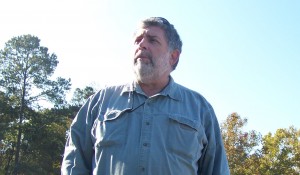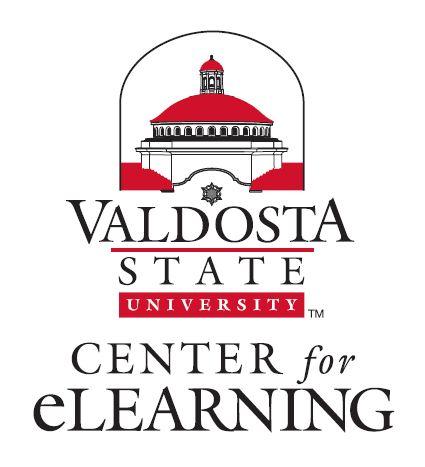
VSU has been fortunate to have passionate professors who really do show that they love what they do. Notably, Dr. Mark Grozsos, an online professor here at Valdosta State University, has been gracious enough to inform us on about the positive experience he had teaching online this summer.
Mark Groszos grew up in Naperville, IL, near Chicago, but lived in Tallahassee, FL for 35 years. His undergraduate degree was from Eastern Illinois University where he obtained a Bachelors in Science in Technology. He then went on to further his education at Florida State University where he gained his PhD in Geology. After some years he then came to create an online version of our regular geologic hazards class (Our Hazardous Earth), where he manages about 40 students per semester. The reason he stands out to our department here at VSU is because he has demonstrated effective strategies and techniques that actively engage his students in the learning process.
The subjects Dr. Groszos covers in class are universally popular. He has his students participate in online discussions of current hazards events like earthquakes and tsunamis around the glob as they occur. These discussions range from technical aspects like magnitude and intensity to more emotional issues like casualties and damage.
“Additionally, I’ve found that most students come into this class with a good base-level understanding of the subject. Almost everyone watches a natural disaster documentary now and then. What this class adds is an understanding of why these events happen and to a lesser degree what the risk is for these events in any specific area. I also focus on topics like how to prepare for a hazard event and what to do if one happens.”
He also has his students watch documentaries on various natural hazards and then write “movie reviews” about the documentary.
“I try to get the students to notice things like technical errors and efforts by the director to sensationalize the event. Some of the reviews are just flat out excellent.”
“Have you talked with your professor yet?” is a favorite question academic advisors ask their students. More often than not, students tell their advisors that they have not engaged their online teachers in meaningful conversations outside the “online-classroom”. They say that with being an online student, the relationship between student and professor is usually a little bit more challenging as the lessons are not face-to-face. This is a tough one for most online professors, but Dr. Groszos has this sense of connection with his online students that lets them feel like they belong at the institution. “I do this course as a three-week long class usually during Maymester so it makes the course pace is very fast with assignments due every day. I develop relationships with as many of my students as I can that are willing.”
His students have made his experience here a positive one he says, “I think most of my students make a sincere effort to do well in the class. As a result, my interaction with my students is generally very positive.”



Comments